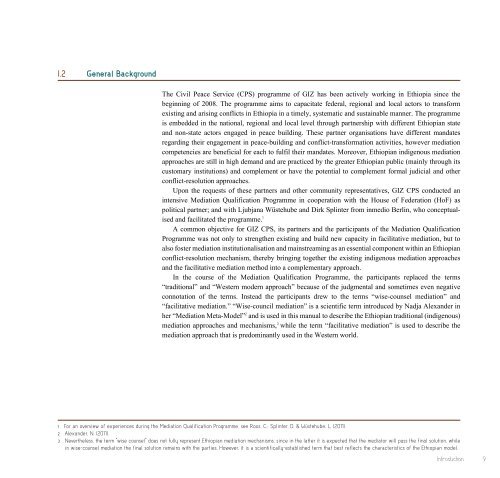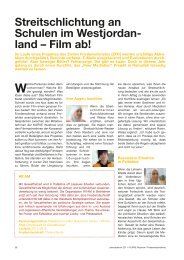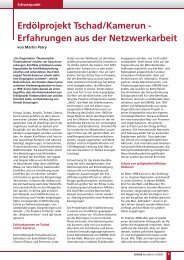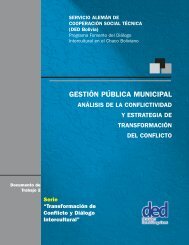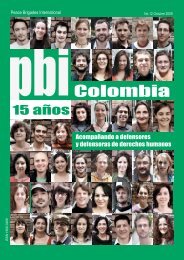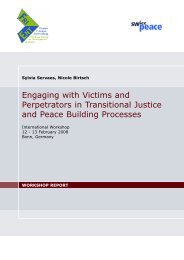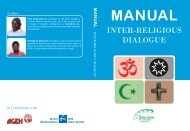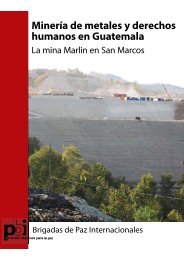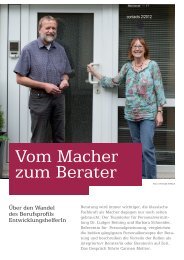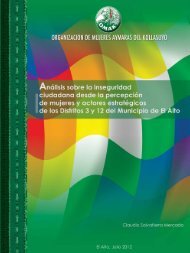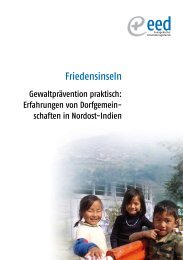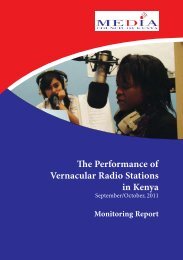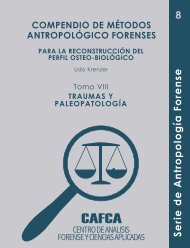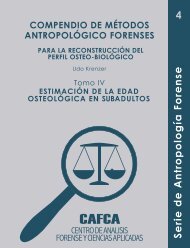Merging Ethiopian Wise-Counsel Mediation and Facilitative ...
Merging Ethiopian Wise-Counsel Mediation and Facilitative ...
Merging Ethiopian Wise-Counsel Mediation and Facilitative ...
- No tags were found...
You also want an ePaper? Increase the reach of your titles
YUMPU automatically turns print PDFs into web optimized ePapers that Google loves.
I.2 General BackgroundThe Civil Peace Service (CPS) programme of GIZ has been actively working in Ethiopia since thebeginning of 2008. The programme aims to capacitate federal, regional <strong>and</strong> local actors to transformexisting <strong>and</strong> arising conflicts in Ethiopia in a timely, systematic <strong>and</strong> sustainable manner. The programmeis embedded in the national, regional <strong>and</strong> local level through partnership with different <strong>Ethiopian</strong> state<strong>and</strong> non-state actors engaged in peace building. These partner organisations have different m<strong>and</strong>atesregarding their engagement in peace-building <strong>and</strong> conflict-transformation activities, however mediationcompetencies are beneficial for each to fulfil their m<strong>and</strong>ates. Moreover, <strong>Ethiopian</strong> indigenous mediationapproaches are still in high dem<strong>and</strong> <strong>and</strong> are practiced by the greater <strong>Ethiopian</strong> public (mainly through itscustomary institutions) <strong>and</strong> complement or have the potential to complement formal judicial <strong>and</strong> otherconflict-resolution approaches.Upon the requests of these partners <strong>and</strong> other community representatives, GIZ CPS conducted anintensive <strong>Mediation</strong> Qualification Programme in cooperation with the House of Federation (HoF) aspolitical partner; <strong>and</strong> with Ljubjana Wüstehube <strong>and</strong> Dirk Splinter from inmedio Berlin, who conceptualised<strong>and</strong> facilitated the programme. 1A common objective for GIZ CPS, its partners <strong>and</strong> the participants of the <strong>Mediation</strong> QualificationProgramme was not only to strengthen existing <strong>and</strong> build new capacity in facilitative mediation, but toalso foster mediation institutionalisation <strong>and</strong> mainstreaming as an essential component within an <strong>Ethiopian</strong>conflict-resolution mechanism, thereby bringing together the existing indigenous mediation approaches<strong>and</strong> the facilitative mediation method into a complementary approach.In the course of the <strong>Mediation</strong> Qualification Programme, the participants replaced the terms“traditional” <strong>and</strong> “Western modern approach” because of the judgmental <strong>and</strong> sometimes even negativeconnotation of the terms. Instead the participants drew to the terms “wise-counsel mediation” <strong>and</strong>“facilitative mediation.” “<strong>Wise</strong>-council mediation” is a scientific term introduced by Nadja Alex<strong>and</strong>er inher “<strong>Mediation</strong> Meta-Model” 2 <strong>and</strong> is used in this manual to describe the <strong>Ethiopian</strong> traditional (indigenous)mediation approaches <strong>and</strong> mechanisms, 3 while the term “facilitative mediation” is used to describe themediation approach that is predominantly used in the Western world.1 For an overview of experiences during the <strong>Mediation</strong> Qualification Programme, see Roos, C.; Splinter, D. & Wüstehube, L. (2011).2 Alex<strong>and</strong>er, N. (2011).3 Nevertheless, the term "wise counsel" does not fully represent <strong>Ethiopian</strong> mediation mechanisms, since in the latter it is expected that the mediator will pass the final solution, whilein wise-counsel mediation the final solution remains with the parties. However, it is a scientifically-established term that best reflects the characteristics of the <strong>Ethiopian</strong> model.Introduction9


